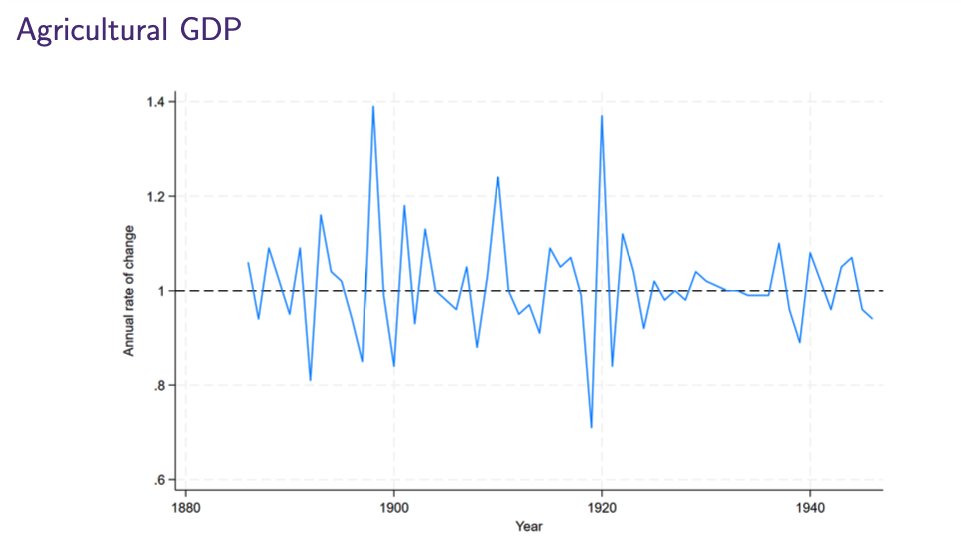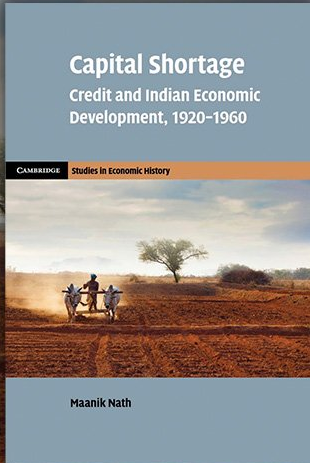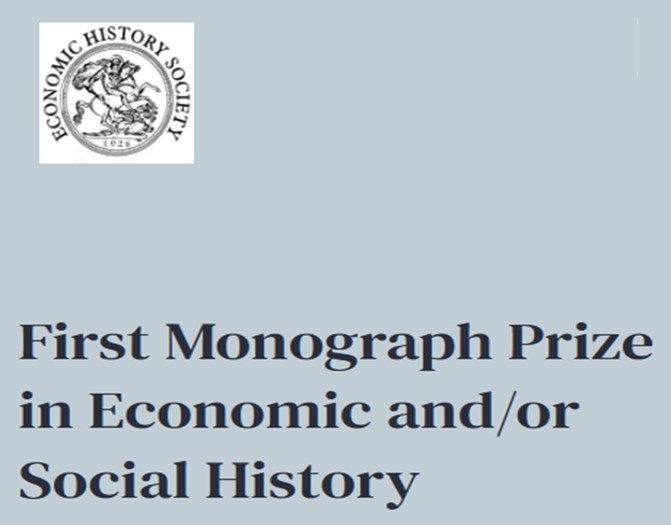
Maanik Nath
@maaniknath
Economic Historian. Assistant Professor @ESH_UU | Capital Shortage (CUP)
ID: 335766207
https://www.maaniknath.com 15-07-2011 06:06:26
63 Tweet
451 Followers
256 Following

Hoe is de klimaatongelijkheid zowel nationaal als wereldwijd zichtbaar en hoe kunnen we met behulp van het recht stappen richting klimaatrechtvaardigheid zetten? Daarover, en meer, gaat het tijdens dit webinar met Maanik Nath & Daphina Misiedjan, Ph.D. 👉knaw.nl/bijeenkomsten/…




Arrived in post today! Maanik Nath has written an insightful book on the role of credit in 🇮🇳 economic development
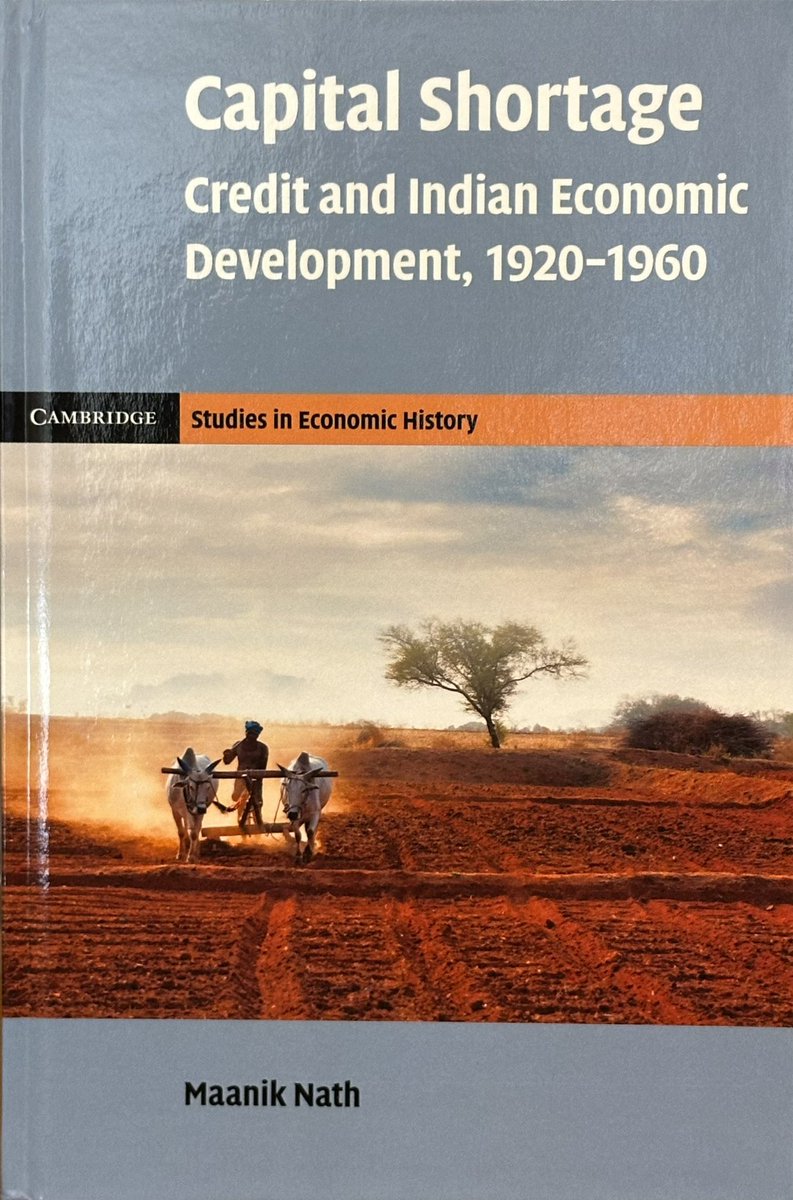
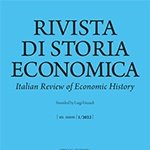

Incredibly grateful to Economic History Society for awarding my book the First Monograph Prize in Economic and Social History. Truly humbled. Delighted to share the podium with my co-winner Ghassan Moazzin cambridge.org/core/books/cap…


On February 28, 2025, Utrecht University will host a #FRESH meeting on Empire and Economic Development Keynote lecture by Tirthankar Roy (Tirthankar Roy) Local organizers: Maanik Nath (Maanik Nath) and John Tang (John Tang) More details in the below 👇


Why was British-ruled India poor? We need to look at agricultural stagnation to answer this question. Average crop yields and incomes stagnated throughout British rule. Maanik Nath’s research, presented in our economic history seminar, sheds new light on this question. (1/17) 🧵
